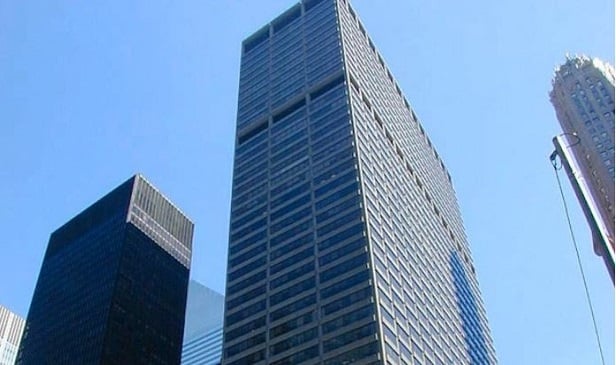C&W's Megan Walters, chief economist Asia Pacific, who compiled the report, compares the current economic condition in Asia to the 1997 downturn. A little more than 10 years ago, the recession started with a banking crisis in the US, which spread to Europe and then Asia. According to the report, "Bank lending against real estate assets led to a boom in asset prices followed by a sharp bustas real estate prices crashed."
After this crisis hit, it took some areas of Asia years to recover. Total returns in Tokyo remained in the negative through 2002. However most areas felt the aftereffects for just a couple years after the 1997 crisis, Singapore, and Seoul all experienced the downturn in 1998, while Shanghai and Beijing felt the effects in 1999. Tokyo and Hong Kong ended up feeling the effects longer.
While not every crisis is the same, over the years each banking crisis tends to have similar characteristics. "As a banking crisis starts, banks contract their balance sheets and become less willing to lend, which leads to a fall in asset prices. The combination of falling asset prices and a lack of credit from banks to companies and consumers, trims their willingness and ability to spend, thereby cutting demand," according to the report. "A downward spiral can ensue with concerns leading to a cut in spending; the net result is the loss in aggregate demand leading directly to a loss of output."
While Asia's banks are fairly stable at this point, higher yields reflecting a greater risk premium have driven down capital values, and continue to do so. It is estimated that asset prices will fall between 25% and 50% across all of Asia.
"In order for a recovery in Asia real estate markets, bank losses from global financial institutions have to be realized, to allow a willingness to lend against real estate," according to the report. "The second step is a general kick start to aggregate demand to boost tenant demand for the occupation of real estate, which is likely to have to come from government spending."
Walters goes on to say, "Once we see two quarters of earnings reports without unexpected losses, together with coordinated government spending to boost demand, we should start to see a recovery in the real estate markets."
© Touchpoint Markets, All Rights Reserved. Request academic re-use from www.copyright.com. All other uses, submit a request to [email protected]. For more inforrmation visit Asset & Logo Licensing.






